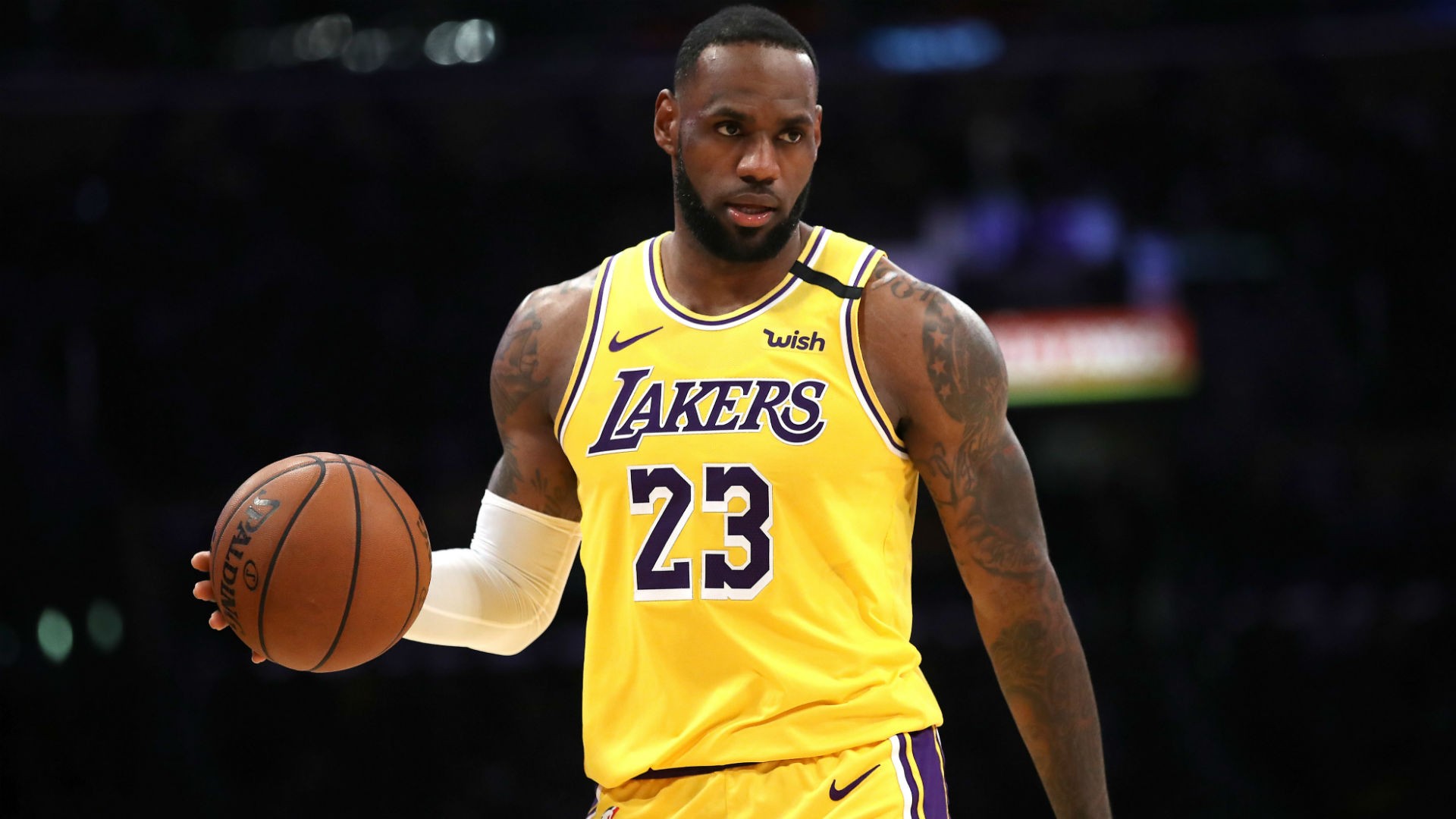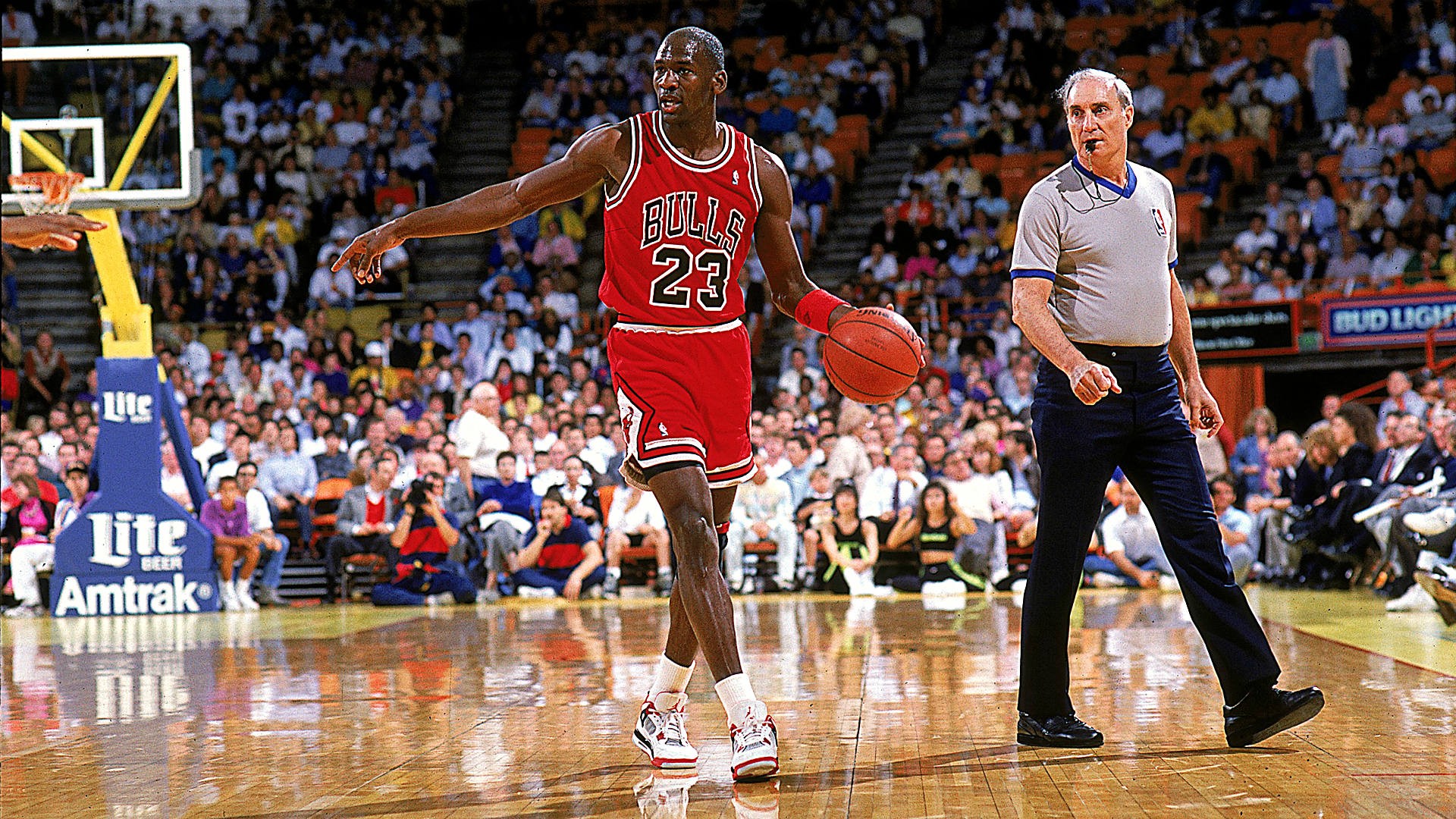The debate regarding who is the greatest basketball player of all time – Michael Jordan or LeBron James – continues to rage. Fueled by ESPN’s “The Last Dance” documentary and LeBron’s ongoing career, the discussion transcends generations. While subjective opinions abound, comparing their impressive statistics offers a more objective analysis. This article delves into the numbers, comparing their regular season and playoff performances, advanced metrics, accolades, and ultimately, their impact on the game.
Regular Season: Per-Game and Total Stats
Examining per-game averages, Jordan boasts a higher scoring average (30.1 vs. 27.0), showcasing his offensive dominance. LeBron, however, demonstrates his all-around game with superior rebounding (7.5 vs. 6.2) and assist (7.4 vs. 5.3) numbers. Jordan’s defensive prowess is reflected in his three steals titles, a feat LeBron hasn’t achieved.
LeBron’s exceptional longevity gives him a significant edge in total career statistics. With more games played, his accumulated points, rebounds, assists, and minutes surpass Jordan’s, and these numbers will likely continue to grow as LeBron’s career progresses.
| Category | Jordan | LeBron |
|---|---|---|
| Games | 1,072 | 1,553 |
| Points Per Game | 30.1 | 27.0 |
| Rebounds Per Game | 6.2 | 7.5 |
| Assists Per Game | 5.3 | 7.4 |
| Steals Per Game | 2.3 | 1.5 |
| Total Points | 32,292 | 41,978 |
| Total Rebounds | 6,672 | 11,686 |
| Total Assists | 5,633 | 11,522 |



Advanced Stats: Delving Deeper into Efficiency
Advanced statistics offer further insights into their respective impacts. LeBron holds the advantage in Value Over Replacement (VORP) and Win Shares, suggesting a greater overall contribution to team success. However, Jordan leads in Player Efficiency Rating (PER) and Box Plus/Minus, highlighting his individual brilliance.
| Category | Jordan | LeBron |
|---|---|---|
| Player Efficiency Rating (PER) | 27.9 | 26.9 |
| Value Over Replacement (VORP) | 116.1 | 156.1 |
| Win Shares | 214.0 | 270.3 |
Clutch Performances: Game-Winning Shots
When the game is on the line, both players have demonstrated their ability to deliver. Jordan holds a slight edge in regular season game-winning buzzer-beaters (9 vs. 8), further solidifying his reputation for clutch performances.
Playoff Dominance: Postseason Statistics
In the playoffs, Jordan’s scoring prowess shines with a higher points per game average (33.4 vs. 28.4). LeBron, however, consistently contributes across the board, averaging more rebounds and assists. Notably, their 3-point percentages in the playoffs are identical (33.2%). LeBron’s extensive playoff experience is evident in his higher totals across various categories.
| Category | Jordan | LeBron |
|---|---|---|
| Playoff Games | 179 | 287 |
| Playoff Points Per Game | 33.4 | 28.4 |
| Playoff Rebounds Per Game | 6.4 | 9.0 |
| Playoff Assists Per Game | 5.7 | 7.2 |
| Total Playoff Points | 5,987 | 8,162 |
Accolades and Championships: The Ultimate Measure?
The most significant point of comparison often revolves around championships. Jordan boasts a perfect 6-0 record in the NBA Finals, while LeBron stands at 4-6. However, LeBron’s four championships with three different teams highlight his adaptability and leadership. While Jordan holds more MVP and Finals MVP awards, LeBron’s 20 All-NBA selections surpass Jordan’s 11.
| Category | Jordan | LeBron |
|---|---|---|
| Championships | 6 | 4 |
| MVP Awards | 5 | 4 |
| Finals MVP Awards | 6 | 4 |
Conclusion: The GOAT Debate Continues
Can You Compare Lebron To Jordan? Absolutely. The statistics paint a picture of two extraordinary players with distinct strengths. Jordan’s scoring dominance and undefeated Finals record are legendary. LeBron’s all-around excellence, longevity, and impact on multiple franchises are equally impressive. Ultimately, the “GOAT” title remains a matter of personal preference, fueled by the enduring debate between these two basketball titans. The numbers provide compelling evidence for both sides, ensuring the conversation continues for generations to come.
